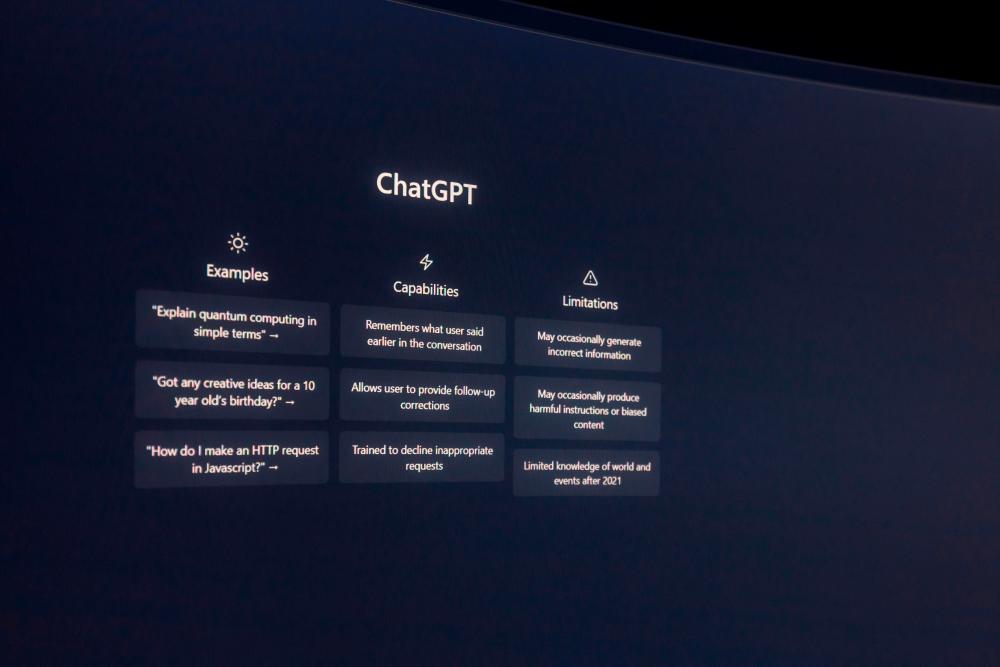PETALING JAYA: With the advent of large language models (LLM), which are a type of machine learning artificial intelligence (AI) programme that can comprehend and generate human language texts, among other tasks, the government is embarking on an ambitious initiative to develop Malaysianised LLM to strengthen the local AI sector.
Science, Technology and Innovation Deputy Minister Mohammad Yusof Apdal told Parliament on Nov 18 that the LLM project involves collaboration across multiple ministries, including the Health Ministry, Digital Ministry, Higher Education Ministry, Plantations and Commodities Ministry and the Prime Minister’s Department.
He said a key partner in the initiative is Mesolitica, a local company that developed the Malaysia Large Language Model (MaLLaM), which uses local datasets to understand the nuances of local languages and culture.
He said the Malaysian Institute of Microelectronic Systems, Science, Technology and Innovation Ministry and Mesolitica would work together to enhance MaLLaM’s capabilities and effectiveness.
“This collaboration would also involve Dewan Bahasa dan Pustaka in the future to enrich the Malay language.”
Universiti Malaysia Kelantan Institute for Artificial Intelligence and Big Data director Dr Muhammad Akmal Remli said the initiative is promising, particularly in creating a model with unique features and added value tailored to Malaysian needs.
“LLM is a hot topic right now and the field has become highly competitive. If executed well, it could serve as a significant milestone, driving economic growth and delivering benefits across various sectors.
“Malaysia’s efforts align with global AI trends and bolster our standing within Asean as the country ranked 23rd globally and second in Asean in the 2023 AI Readiness Index. To strengthen this position, the government should focus on developing LLM tailored to specific sectors, such as healthcare, education and finance.”
He cited examples of LLM that have been localised abroad, including BloombergGPT for financial data and Aquila, which uses European and Spanish-language data to create models that address regional challenges, such as multilingual translation and cross-border trade.
Muhammad Akmal highlighted the need for a centralised platform to mobilise Malaysia’s AI talent across universities, fostering collaboration and innovation.
“As a research centre of excellence, the institute could provide strategic insights, technical expertise and advisory support to ensure the success of the initiative.
“Universities could contribute significantly by researching transformer models, which are the backbone of LLM, and creating architecture tailored to Malaysia’s needs. By bridging foundational research with practical applications, academia could help Malaysia remain competitive in AI.”
He said the applications of a Malaysian LLM are vast as it could enhance personalised learning and content creation in education, assist with multilingual communication and patient record summarisation in healthcare, and streamline customer service and market analysis in business.
“There are also immense benefits for SME. LLM could support business automation, market analysis and social media content creation, boosting revenue and efficiency.”
He stressed the need for robust regulations, regular audits and public awareness campaigns as ethical considerations are paramount in AI development, adding that collaboration with academia, industry and civil society is crucial to address ethical challenges effectively.
Universiti Malaysia Kelantan Faculty of Data Science and Computing senior lecturer Assoc Prof Dr Nooraini Yusoff said a Malaysia-specific LLM offers a transformative opportunity to advance the country’s AI industry.
“LLM could stimulate local innovations and enhance Malaysia’s technological self-reliance. By focusing on local data and contexts, LLM could address Malaysia-specific needs, reducing reliance on international AI models and promoting data sovereignty.”
She said a locally trained LLM could develop effective tools, such as machine translation systems, voice recognition technologies and chatbots tailored to the unique linguistic and cultural nuances of the local population.









